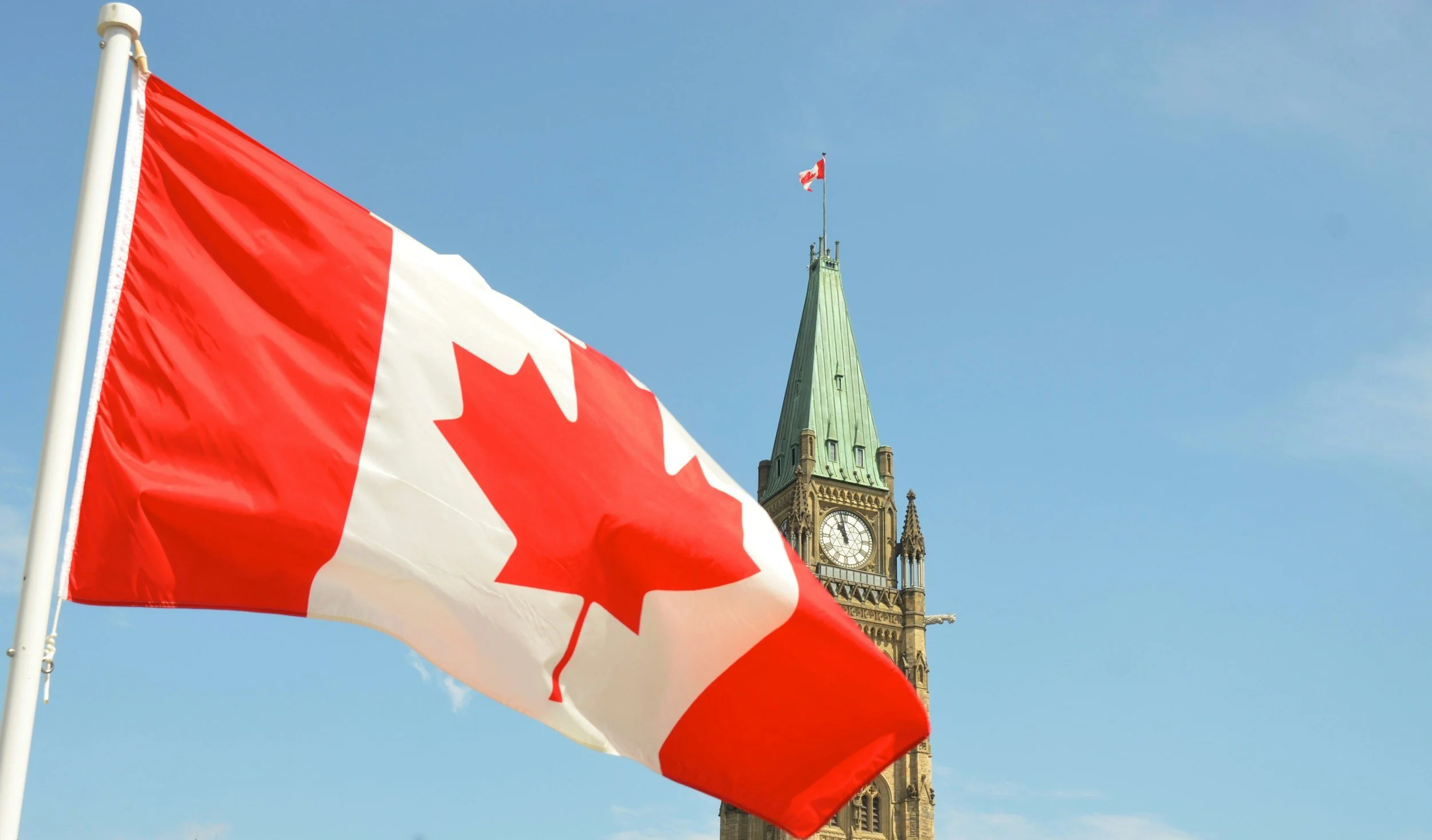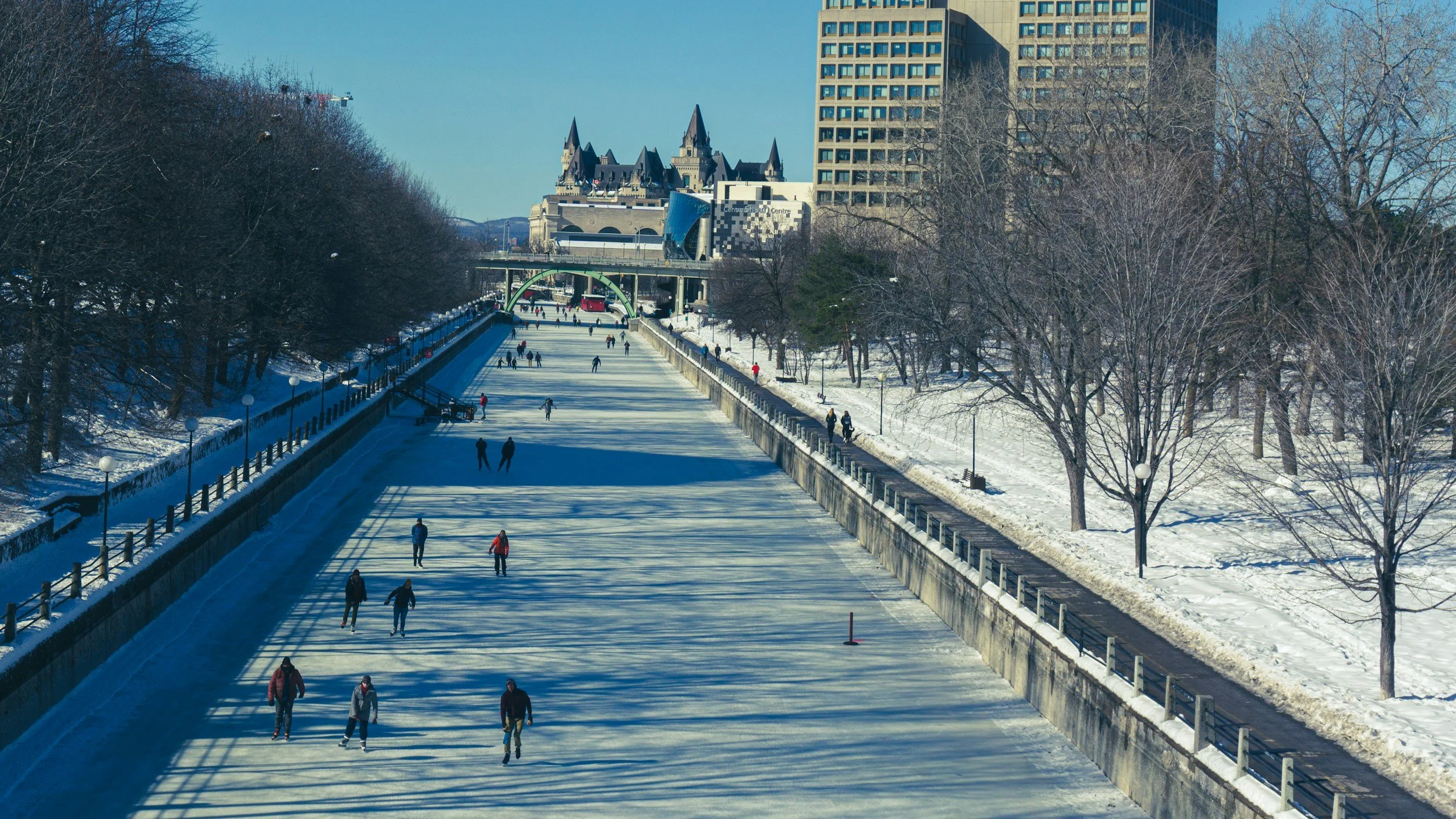“Wait… That’s Legal?” 7 Surprising Housing Rules Every Ottawa Buyer Should Know
When it comes to real estate in Ottawa, most people expect to talk about budgets, layouts, interest rates, and location. But if you've ever tried to buy, sell, or rent a property here, you’ll know: the fine print can be full of surprises.
At New Purveyors, we live and breathe this stuff — and we’re often the first ones to break the news to buyers that, yes… that thing you heard is actually true.
From front-yard parking restrictions to shared driveways and lesser-known property types, here are 7 Ottawa-specific housing rules and quirks that might surprise you — and what they really mean for you as a homeowner.
1. Shared Driveways Are More Common Than You Think
You find the perfect home, but the driveway is tight… and shared. Can you still park there? Who clears the snow?
Shared driveways (or mutual laneways) are common in older Ottawa neighbourhoods like Hintonburg, Westboro, the Glebe, and Vanier. In most cases, both properties have legal access — but not exclusive rights. That means no blocking your neighbour in, no building over it, and yes — you both have to coordinate things like snow removal or maintenance.
Is it a dealbreaker? Not usually. These setups are normal for the area and often just take some good communication (and respectful parking).
2. Not Every Freehold Home Is Totally "Free" — and That Can Be a Good Thing
If you see a freehold listing with a small monthly fee, don’t panic. You’re likely looking at a Parcel of Tied Land (POTL) — a type of property that offers the best of both worlds.
Here’s the deal: you own your home and the land it sits on, just like a traditional freehold. But you also share access to certain private services — like a laneway, snow removal, garbage pickup, or even a parkette — with your neighbours. That’s what the fee covers. It’s not a condo, but you still benefit from a bit of shared upkeep.
Why buyers like it:
No worrying about shovelling a long private road
Neighbourhoods tend to stay visually consistent and well maintained
Lower monthly costs than most condo fees, but some of the same perks
POTLs are common in newer developments around Barrhaven, Riverside South, and Orléans — and can be a great fit for those who want lower maintenance without sacrificing ownership.
3. Not Every Basement Can Be Rented Out
Thinking of buying a home and renting out the lower level? You’ll need to make sure it qualifies as a secondary dwelling unit under Ottawa zoning and building codes.
What’s required?
A separate entrance
Egress windows
Proper fire separation and smoke alarms
Minimum ceiling height
Sufficient parking, in some cases
It’s a great way to offset your mortgage — but it has to be legal. We help our clients verify whether a unit is up to code and explain what it would take to make it legal if it’s not. Illegal units can’t be listed as income sources when applying for financing — and could land you in hot water with the city if discovered.
4. Front-Yard Parking Pads Are… Controversial
Not all front yards are created equal — especially in the eyes of by-law.
In some neighbourhoods, you can install a parking pad in front of your home. In others? It’s a firm no. Some zoning rules outright prohibit front-yard parking in order to preserve the streetscape or reduce runoff issues. And if you install one without proper permits, the city can make you tear it out.
Our advice: If you’re banking on parking, let us double-check what's actually permitted at the property. Don’t rely on the listing alone — we've seen plenty of surprises.
5. You Can Sell Off-Market — But There Are Rules
Not every sale has to hit MLS. Some sellers prefer to keep things more private — and that’s totally legal in Ontario under the Trust in Real Estate Services Act (TRESA). However, there are strict rules on how information about these properties can be shared between agents, especially if they’re in different brokerages.
We often help clients buy and sell off-market — especially if they’re looking for discretion, flexibility, or a specific buyer match. The key is doing it by the book. That’s where working with a team like ours, who knows the ins and outs of TRESA and platforms like Knokd, makes all the difference.
6. Fence Disputes? The City Might Settle Them
Believe it or not, if you and your neighbour can’t agree on whether to build a fence — or how tall it should be — the City of Ottawa can step in.
Ottawa’s Fence By-law allows either party to file a formal notice, triggering a legal process that can enforce construction and even split the costs. If you can’t agree on height, design, or timing, the city will decide for you.
Our tip? Talk to your neighbours first. But if you’re planning a fence, we’re happy to help you navigate the rules before you start digging.
7. Buying a Home Means Knowing What Comes With It — Legally
From heritage overlays and floodplain restrictions to zoning by-laws that affect what you can build or how many people can live there, buying a home in Ottawa comes with a unique set of rules based on where you’re buying.
A few examples:
In some parts of Sandy Hill and the Glebe, you can't legally build a front porch without approval.
Some rural properties can't be severed or developed further due to conservation rules.
You can’t always add a garden suite — even if your yard is massive.
That’s why our team always does a deep dive before you make an offer — so there are no surprises after closing.
The Bottom Line: Ottawa Real Estate Has Quirks — But That’s What We’re Here For
Buying a home isn’t just about what you see — it’s about what you don’t know yet. Our job is to make sure you’re protected, informed, and fully aware of what you’re walking into (literally and legally).
Have questions about a specific listing, property type, or neighbourhood rule?
Reach out. We’re happy to help you figure out what’s normal, what’s weird — and what’s just part of the charm of buying a home in Ottawa.
Fill out the form below for more info.





























